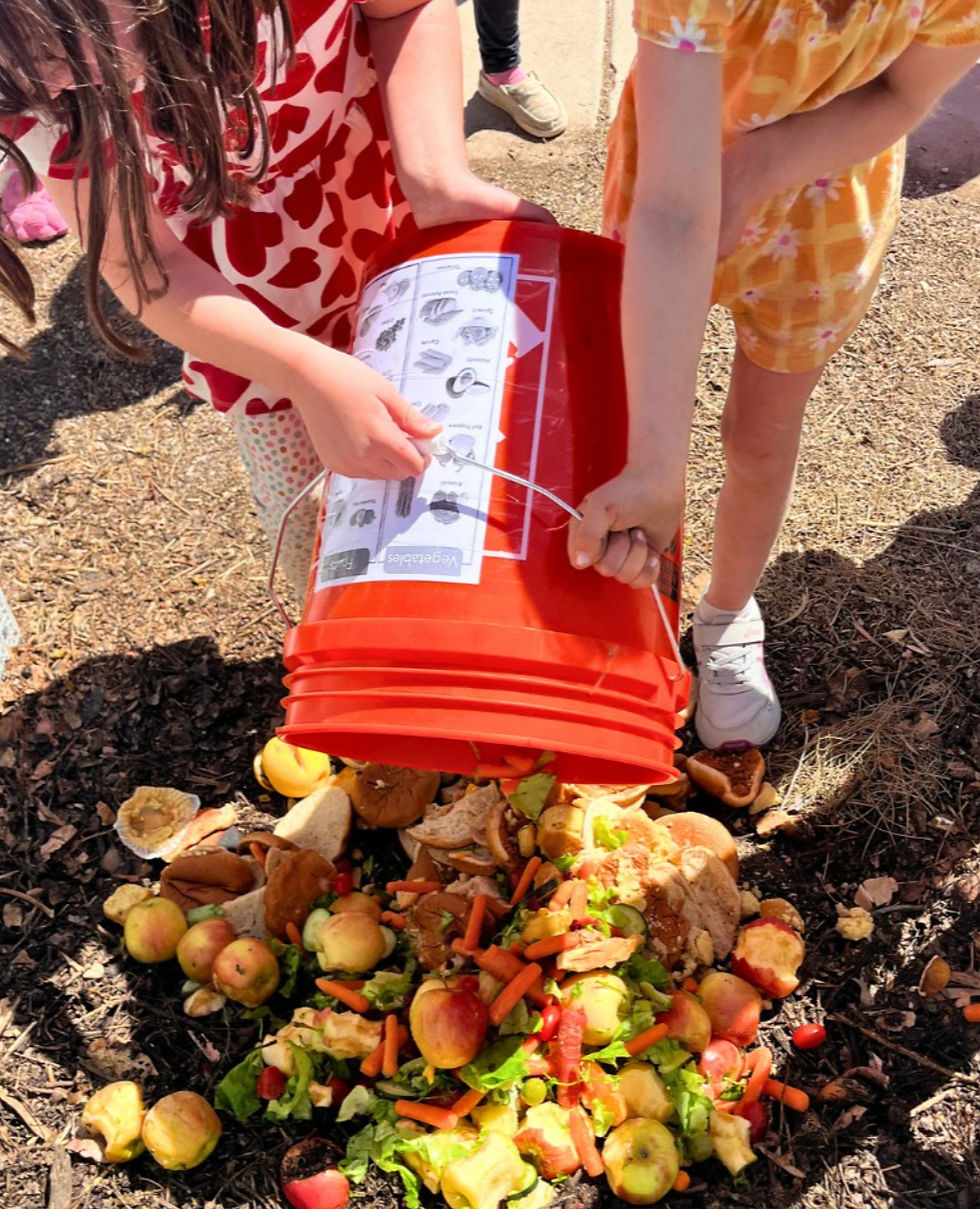Practical Ways to Motivate School Staff to Cut Food Waste
- Aug 5, 2024
- 3 min read
Updated: Oct 24, 2025
Food waste in schools is a pressing issue with significant ecological and economic impacts. Addressing this challenge requires the collective effort of all school staff. Learn how schools can engage their staff in food waste reduction through practical incentives and strategies, taking into account the complexities of a school environment:
Recognition Programs
Implement a structured recognition program to highlight and reward efforts in food waste reduction. This could include monthly or quarterly awards for individuals or teams who demonstrate notable achievements. Designing and managing a recognition program requires clear criteria for measurement and a system for tracking performance. Schools must ensure that the criteria are realistic and that the process is transparent and fair to all staff members.
Training and Education
Organize regular training sessions on the impact of food waste and strategies for reduction. These sessions could include workshops, guest speakers, or interactive activities that emphasize the importance of waste management. Remember, developing effective training programs involves tailoring content to different roles within the school and ensuring that the training is engaging and relevant. Staff may also need ongoing support and resources to implement what they’ve learned.
Bonuses or Financial Incentives
Introduce a financial incentive program where staff can earn bonuses based on their success in reducing food waste. This could be tied to specific goals or milestones, such as reducing waste by a certain percentage. Financial incentives will require careful budgeting and clear guidelines to ensure that the rewards are meaningful and achievable. Schools must also track waste reduction accurately to fairly distribute bonuses.
Professional Development
Investing in professional development for school staff in food management and sustainability can significantly enhance waste reduction efforts. Schools should offer a range of opportunities, including specialized courses, certifications, and industry conferences, to boost staff knowledge and skills. Workshops and seminars, on-the-job training, and peer learning initiatives can provide practical, hands-on experience. Establishing a resource library and regularly evaluating the effectiveness of these programs through staff feedback will ensure they meet needs and drive meaningful improvements.
Involvement in Program Design
Engage staff in the creation and implementation of food waste reduction programs. This could involve brainstorming sessions, pilot projects, or feedback surveys to gather input and ideas. Involving staff in program design requires effective communication and collaboration. Schools need to manage diverse opinions and ensure that the implemented programs are practical and supported by all stakeholders.
Feedback Mechanisms
Establish systems to provide regular feedback on waste reduction efforts, such as monthly reports or visual dashboards that show progress and impact. Setting up feedback mechanisms involves data collection and analysis, which can be resource-intensive. Schools must ensure that the feedback is actionable and that staff understand how to use it to make improvements.
Team-Based Goals
Set collective goals for food waste reduction that encourage teamwork among different staff groups. This could involve challenges or collaborative projects with rewards for meeting targets. Implementing team-based goals requires clear communication and coordination between different departments.
Resource Allocation
Provide staff with the necessary tools and resources to reduce food waste, such as better storage solutions, waste tracking systems, or composting options. Allocating resources involves financial investment and logistical planning. Schools must assess the needs of their staff and ensure that the resources provided are effective and well-maintained.
Work Environment
Foster a positive work environment that values sustainability and food management. This could include integrating sustainability into the school’s mission and culture, and promoting a supportive atmosphere for innovative waste reduction ideas. Creating a supportive work environment requires a long-term commitment to cultural change. Schools must engage all staff members in sustainability initiatives and address any resistance or challenges.
Engaging school staff in food waste reduction involves a multifaceted approach that addresses both incentives and the complexities of the school environment. By implementing these strategies, schools can foster a culture of sustainability and make meaningful progress in reducing food waste on campus.
About Let’s Go Compost
Let’s Go Compost is a national nonprofit making composting simple, affordable, and accessible for schools, families, and communities. Our programs bring hands-on compost education to classrooms across the United States, helping children and educators turn food waste into learning opportunities that build responsibility and respect for the natural world.
Learn more about our programs at letsgocompost.org and support our work at letsgocompost.org/donate.




